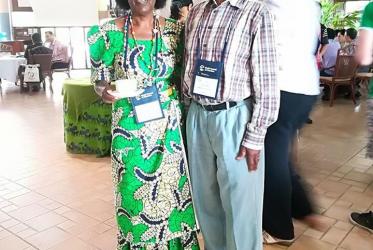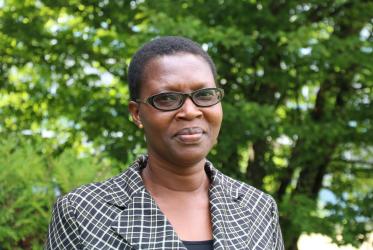Displaying 1 - 17 of 17
Paving the way for ecumenical studies, learning English in Bossey
24 September 2018
Doing his best without being the best
07 September 2018
École GEM: comment concilier théologie et économie
05 September 2017
A communicator on the move
10 July 2017








